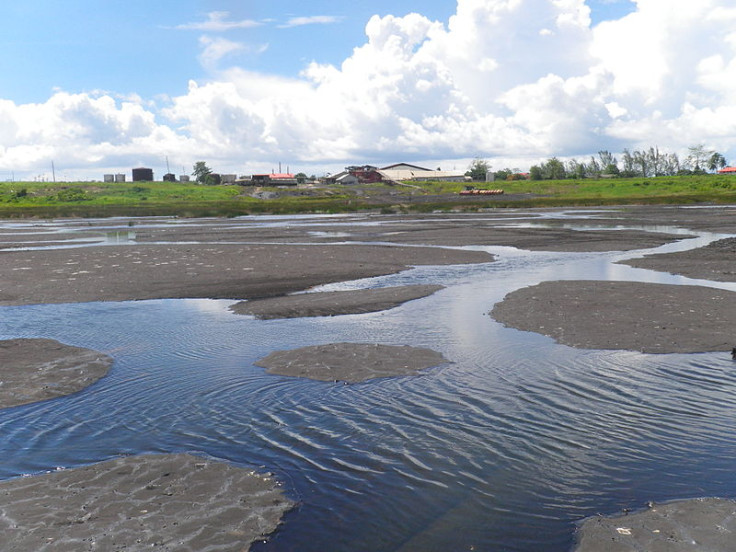Scientists Say Life is Possible in Oil – Could Aliens Survive on Other Planets?

A group of scientists from several universities have discovered tiny microbes living in microscopic droplets of water in an asphalt lake on Earth and say that this could mean there is the potential for life on other planets, such as Titan, the largest moon on Saturn.
Researchers studying Pitch Lake in Trinidad, the largest naturally occurring asphalt lake on Earth where black oil deposits ooze across an area of roughly 114 acres, found that to their surprise, microbes were surviving in water droplets as small as 1 microliter (one-fifth the size of a drop of water).
"Oil was considered to be dead," said lead study author Rainer Meckenstock, an environmental microbiologist at Germany's Helmholtz Zentrum München.
"The microbes most likely were enclosed in droplets in the deep subsurface and ascended together with the oil."
Their research, entitled "Water droplets in oil are microhabitats for microbial life" is detailed in the latest issue of the journal Science.
Oil has long been considered to be too toxic for life, but the researchers discovered that each water droplet was host to a mini-ecosystem of microbes that were breaking the oil down into a variety of organic molecules.
It is unlikely that the water came from rain, but rather from either ancient seawater or brine from deep underground beneath the lake that rose up within the oil.
Titan has hydrocarbon lakes on its surface and the scientists are now wondering whether mixtures of water and ammonia might have been able to rise to the surface of Titan's lakes from below.
Although the microbes are able to break oil down, it is unlikely that the deposits will disappear any time soon as the microbes and droplets of water are much less compared with the amount of oil in the lake.
The researchers want to work out how life in the mini-ecosystems functions in order to find out how these organisms are able to live and whether organisms could similarly adapt to survive in a hydrocarbon lake.
© Copyright IBTimes 2025. All rights reserved.






















